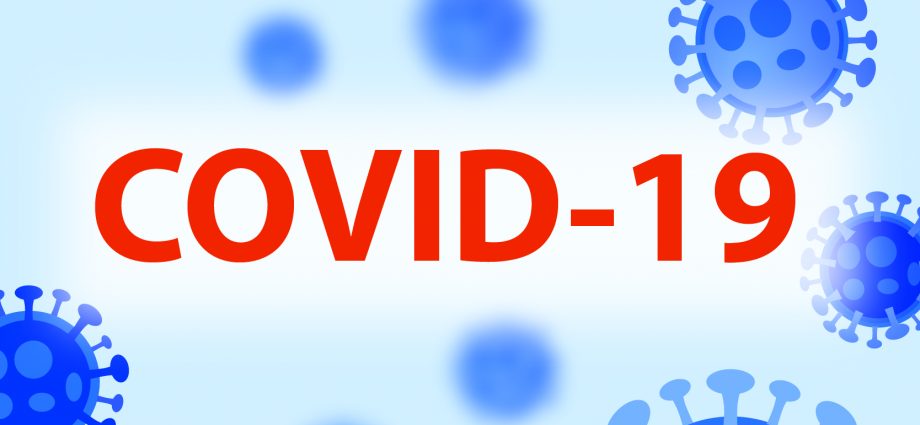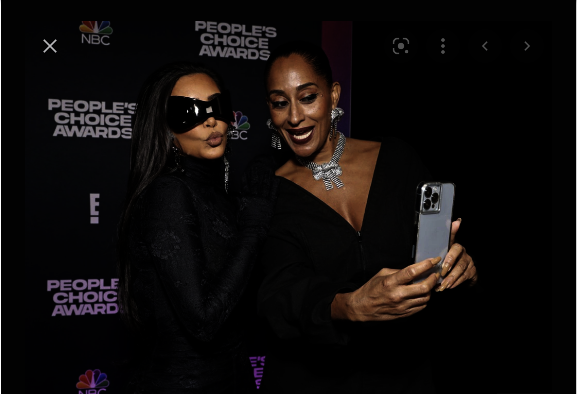What is coronavirus, or COVID-19?
Coronaviruses are a large family of viruses that are common in people and many different species of animals. SARS-CoV-2 is a novel (new) coronavirus that has caused a pandemic of respiratory disease named coronavirus disease 2019, which is abbreviated COVID-19.
As SARS-CoV-2 spreads, the virus has new opportunities to change, which results in new variants. Some variants may spread more easily or be more resistant to vaccines or treatments.
If I have cancer now or had it in the past, am I at higher risk of severe illness from COVID-19?
If you have cancer, you have a higher risk of severe illness from COVID-19. Other factors that increase the risk for severe illness from COVID-19 include having a weakened immune system (being immunocompromised), older age, and other medical conditions.
People with blood cancers may be at higher risk of prolonged infection and death from COVID-19 than people with solid tumors. That is because patients with blood cancers often have abnormal or depleted levels of immune cells that produce antibodies against viruses.
NCI is conducting a large study of people with cancer who have COVID-19 to learn more about the risk factors for COVID-19 and to help doctors better manage treatment for people with cancer and COVID-19.
Having a history of cancer may increase your risk of severe illness from COVID-19. People who have been treated for cancer in the past may want to discuss their concerns about COVID-19 with their doctors.
If I have cancer now or had it in the past, should I get a COVID-19 vaccine?
The Centers for Disease Control (CDC) and Prevention recommends that everyone 5 years and older get a primary COVID-19 vaccine series. That includes most people with underlying medical conditions, including cancer.
A primary vaccine series can be one of the following:
- two doses of Pfizer-BioNTech vaccine
- two doses of Moderna vaccine
- one dose of Johnson & Johnson’s Janssen vaccine
If you recently received cancer treatment that suppresses the immune system—such as chemotherapy, a stem cell or bone marrow transplant, or cell therapy—your doctor may suggest that you wait until your immune system has recovered before you get vaccinated. Or your doctor may suggest that you wait a few weeks after vaccination to get immunosuppressive treatment.
CDC also recommends some people get an additional vaccine dose and/or a booster shot.
To help protect people with cancer from COVID-19, it is important that their family members, loved ones, and caregivers get vaccinated. The COVID-19 vaccines are highly effective at preventing severe disease and death from all variants that have emerged so far. In areas where the virus is spreading quickly, wearing a mask in public indoor spaces and social distancing will also help protect vulnerable people and prevent the spread of the virus.
Learn more about what people with cancer should know about COVID-19 vaccines. To find a COVID-19 vaccine near you, visit Vaccines.gov.
Who should get an additional dose of the COVID-19 vaccine?
People with certain cancers and those who are receiving treatment that suppresses the immune system may have a weaker response to COVID-19 vaccines than people whose immune systems are not compromised.
CDC recommends that some people as young as age 5 whose immune systems are moderately to severely compromised get an additional vaccine dose to improve their response to a primary vaccine series and to ensure adequate protection against COVID-19. According to CDC, such people include those who:
- are being treated for blood cancer (leukemia, lymphoma, or multiple myeloma)
- have received a stem cell transplant within the past 2 years
- are taking medicine that may suppress the immune response
CDC also recommends that people who received stem cell transplants or CAR T-cell therapy after getting a COVID-19 vaccination should be revaccinated with a primary vaccine series.
Visit CDC’s website for more information about COVID-19 vaccines for immunocompromised people, and ask your doctor if you should get an additional dose.
Who should get a COVID-19 booster shot?
Whereas an additional vaccine dose is given to some immunocompromised people who likely did not mount a protective immune response after primary vaccination, a booster shot is given to people in whom protection from primary vaccination is likely to have waned over time.
CDC recommends a COVID-19 booster shot, with any of the COVID-19 vaccines authorized in the United States, for:
- all people aged 12 and older who received the Pfizer-BioNTech vaccine at least 5 months ago
- all adults aged 18 and older who received the Moderna vaccine at least 6 months ago
- all adults aged 18 and older who received Johnson & Johnson’s Janssen vaccine more than 2 months ago
If you are moderately or severely immunocompromised and had a primary vaccine series with either the Pfizer-BioNTech or Moderna vaccine, followed by an additional vaccine dose, you may also get a booster shot.
Visit CDC’s website for more information about COVID-19 booster shots, including who is eligible, when to get one, and what you should know about mixing and matching vaccines.
What are other ways that I can protect myself?
Aside from vaccination, the most effective way to prevent COVID-19 is to avoid being exposed to the virus that causes it. People at high risk for developing serious illness from COVID-19 can help protect themselves by limiting contact with other people as much as possible and by taking precautions to prevent getting COVID-19 when they do interact with others.
To protect yourself and prevent the spread of COVID-19:
- Get a COVID-19 vaccination.
- Wear a well-fitting mask that covers your nose and mouth.
- Stay 6 feet away from people who don’t live with you.
- Avoid crowds and poorly ventilated indoor spaces.
- Wash your hands often with soap and water. Use hand sanitizer if soap and water aren’t available.
- Cover coughs and sneezes.
- Clean and disinfect frequently touched surfaces daily.
- Be alert for symptoms of COVID-19.
What should I do if I have symptoms of an infection?
If you think you have been exposed to COVID-19 or have symptoms of an infection, you should get a COVID-19 test. If the test shows that you have COVID-19, isolate yourself from others and call your health care provider.
Visit CDC’s website for more information about what to do if you are sick.
This is a stressful time. How do I cope?
Coping with cancer in the face of the coronavirus can bring up a wide range of feelings you’re not used to dealing with. Learn more about feelings you may have and ways to cope with them.
What if I have additional questions?
NCI’s Cancer Information Service (CIS) can help answer questions that you or a loved one may have about COVID-19 or your cancer care.
To reach the CIS:
- Call 1-800-4-CANCER (1-800-422-6237) Monday through Friday from 9:00 a.m. to 9:00 p.m. ET in English or Spanish. After business hours, recorded information is available.
- Online LiveHelp® chat offers online assistance in English and Spanish Monday through Friday from 9:00 a.m. to 9:00 p.m. ET.





Comments are closed, but trackbacks and pingbacks are open.